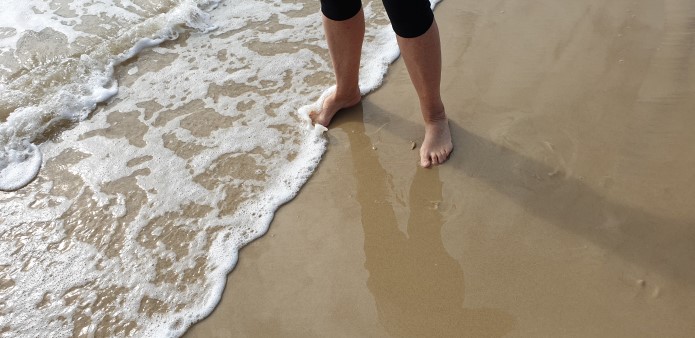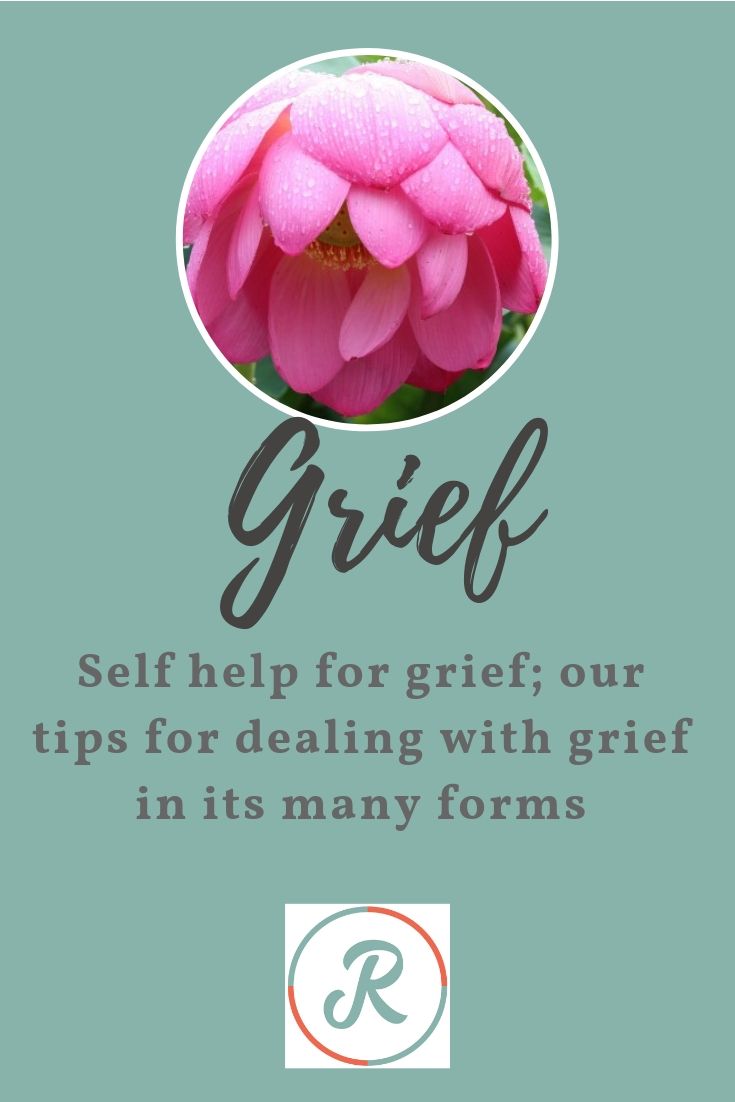Self help for grief is so important. We all have to deal with grief at various times of our life, so having a kit bag of tips to call on is key to navigating grief as comfortably as possible. Our objective is not to diminish grief or tell you to ‘move on’, but rather to make suggestions on how to care for yourself whilst grieving.
Self care during grief should include taking care of your physical body

Your self care check list must take into account the impact on your physical body. Try these ideas and create a routine that works for you.
- If you are anything like me you may feel like just lying around, but some gentle exercise like pilates, yoga or walking to help you to feel grounded rather than out of your body. The morning after I heard about the death of my brother I just knew that I needed to push through my inertia and head to my Pilates class. I took it easy whilst I was there but after an hour’s class I realised that I had been out of my body and Pilates had reconnected me with my physical self which allowed me to deal with my day in a much more effective manner.
- Exercising in nature can also be a great way to ground yourself, ideally in bare feet. Think about a walk on the beach or on some soft grass, either will help you to feel much better.
- Nurture your body with comfort food – for me that can mean something like chicken congee or chicken soup, a cup of tea, but it might also mean enjoying some delicious dark chocolate. Allow yourself soem treats that feed both your body and your soul, but don’t over indulge to the point that you then feel unwell and tired. Watch alcohol consumption too, I like to have a whisky when I am dealing with grief, but I don’t get stuck into it.
- Nurture your body with self care rituals. That might mean a massage, a long bath or some beautiful body products. Burn a scented candle or diffuse some calming essential oils. Take time for yourself and don’t see such practices as self indulgent.
- Sleep is your friend, make sure you get plenty. I have found a valerian tablet helps me let go and relax into a good night’s sleep (but of course seek your own remedies and medical advice if sleeping is an issue). Make sure you find what works for you, because sleep is so important in allowing us to deal with the emotional overload of grief.

Take care of your emotional needs whilst dealing with grief.
We each have different ways of expressing and living through our periods of grieving. You will be emotionally fragile and need to make adjustments to deal with that in whatever way best works for you
- Ride the waves – grief doesn’t just come and then leave completely. It can catch you unexpectedly just when you think you are doing fine. Allow room for those moments and honour your needs.
- Allow yourself time to dwell in your grief – look at old photos, relive memories. Of course don’t get locked into this permanently but allow yourself to truly grieve.
- Talk – talk to friends and family and especially talk to the one you have lost. Share memories and stories and grief but don’t dwell permanently in this space.
- Make judicious choices about social interactions. Choose to spend time with friends and family who are supportive and can also bring you out of yourself. Don’t add to your grief by spending time with energy drainers. The best thing for you might be to socialise with others with whom you can share a laugh.
- Cry – whether great gasping loud sobs or silent tears, let them flow. Don’t try to stuff your emotions down, that isn’t healthy; allow your emotions to flow. Letting the tears go is good for your physical body as well as your emotional and mental bodies.
- Be open to receiving, don’t try to be a stoic hero. Allow others to care for you, and support you.
- Watch your anger – anger is a natural part of the grieving process but make sure it isn’t misdirected. You might find yourself lashing out at those around you. If that happens recognise your behaviour, apologise and use tools like journalling to process your emotions in a safe manner. It is too easy to damage all sorts of personal and business relationships if you don’t keep a leash on your volatile emotions
- Look for beauty around you, a flower, a kind gesture from a friend, a sunny day, focus on the positives of life wherever you can.

Manage your time while dealing with grief
It may seem a strange thing to say, but one of the best ways to deal with any stressful period, is to make wise choices about how you spend your time.
- Let things go, cancel commitments as appropriate. Let others know that if you feel unable to meet a personal or business commitment. Also let them know that you may be less available than usual, but of course set yourself a timeline for this, it is also important to ‘get back to normal’ in a reasonable time frame. Setting up these guides not only relieves pressure but means you are less likely to let others down.
- Take time out – if you feel the need to read a trashy novel, or watch some rubbish on TV allow yourself the distraction of doing so.
- Act – there can be a fine balance here but it can help to take action in ways that don’t interfere with others who are grieving, particularly those in charge of funeral arrangements if there has been a death. Offer photos if you have them, cook if you feel like it, send messages and flowers, but recognise that it is also important not to try and own others’ processes.
- Get organised – make sure the ironing is done, the house is tidy etc. Doing every day tasks like these can give a greater sense of control over at least some of your life.

Perhaps most importantly, know that grief may stay with you for a long time. But if after what you deem is a reasonable time, you feel your grieving is stopping you from your usual activities, it is essential that you seek professional health. You might like to consider this advice from Beyond Blue.
What tips do you have for dealing with grief? Do you tend to internalise it and withdraw from the world, or do you feel able to express your emotions?





